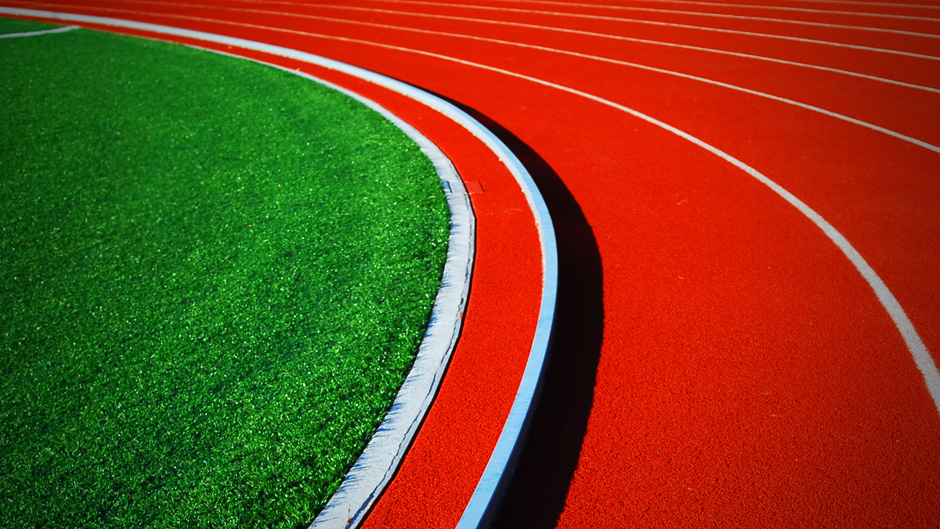As the world's attention turns to Rio de Janeiro and the Games of the XXXI Olympiad, sports enthusiasts will turn to social media to express their support for the Games, for their countries' teams and for their favorite athletes.
Individuals, news outlets, and official Olympic sponsors are generally free to post and tweet about the games and athletes during the roughly month-long blackout period which began last week and ends on August 24. However, non-sponsor brand owners in the United States could face potential legal action if they are not careful.
Changes to Rule 40
In previous games, the International Olympic Committee's (IOC) Rule 40 gave official Olympic sponsors a virtual lock on advertising during the games. For example, non-sponsors could not run ads featuring athletes with whom they had sponsorship deals. Even the athletes themselves were forbidden from posting or tweeting about non-official sponsors.
The IOC opened the door ever so slightly when it announced changes to Rule 40 last year. Those changes – which the U.S. Olympic Committee (USOC) adopted in June 2015 – now allow athletes to appear in "generic advertising" which makes "[n]o direct or indirect association with Rio Games, Olympic/Paralympic IP or terms generally associated with the Olympic/Paralympic Games." [Furthermore, in order to qualify as "generic advertising", non-sponsors were required to submit their ad campaigns for USOC approval by late January 2016, and were required to run their campaigns continuously from March 27 through August 24, 2016.]
However, this opening is narrow indeed. Thus, in its brand usage guidelines, the USOC admonishes businesses:
Do not create social media posts that are Olympic themed, that feature Olympic trademarks, that contain Games imagery or congratulate Olympic performance unless you are an official sponsor as specified in the Social Media Section.
Olympic trademarks
Olympic images include the following:

The USOC also owns many federal trademark registrations of word marks including:
- Olympic
- Olympian
- Team USA
- Future Olympian
- Gateway To Gold
- Go For The Gold
- Going For The Gold
- Let The Games Begin
- Paralympic
- Olympiad, Paralympiad, Pan-American, Or Any Combination Of Those Words
- Road To Rio, Road To Pyeongchang, Road To Tokyo Etc.
- Rio 2016, Pyeongchang 2018, Tokyo 2020, Etc.
USOC's agressive policing
The USOC is already aggressively policing the new rule.
Last month, for example, the USOC demanded that women's sports-apparel brand Oiselle discontinue all "Olympic-related advertising" including a Oiselle Instagram post congratulating its sponsored athlete, Kate Grace, because the post included an image of Ms. Grace wearing her race bib with a small image of the Olympic circles.
Similarly, according to ESPN, the USOC recently sent non-sponsor companies a letter warning that:
Commercial entities may not post about the Trials or Games on their corporate social media accounts. . . . This restriction includes the use of USOC's trademarks in hashtags such as #Rio2016 or #TeamUSA.
The letter, written by USOC chief marketing officer Lisa Baird, apparently goes on to state that a company whose primary mission is not media-related cannot even reference Olympic results, cannot share or repost anything from the official Olympic account and cannot use any pictures taken at the Olympics.
Companies that purportedly violate the USOC's rules, may receive a letter or email – like the one sent to Oiselle – demanding removal of the offending content. Brand owners that ignore that warning could face legal action. It remains to be seen whether the USOC will follow through on its warnings and, should it do so, whether a court would agree with the committee's interpretation of its trademark rights.





